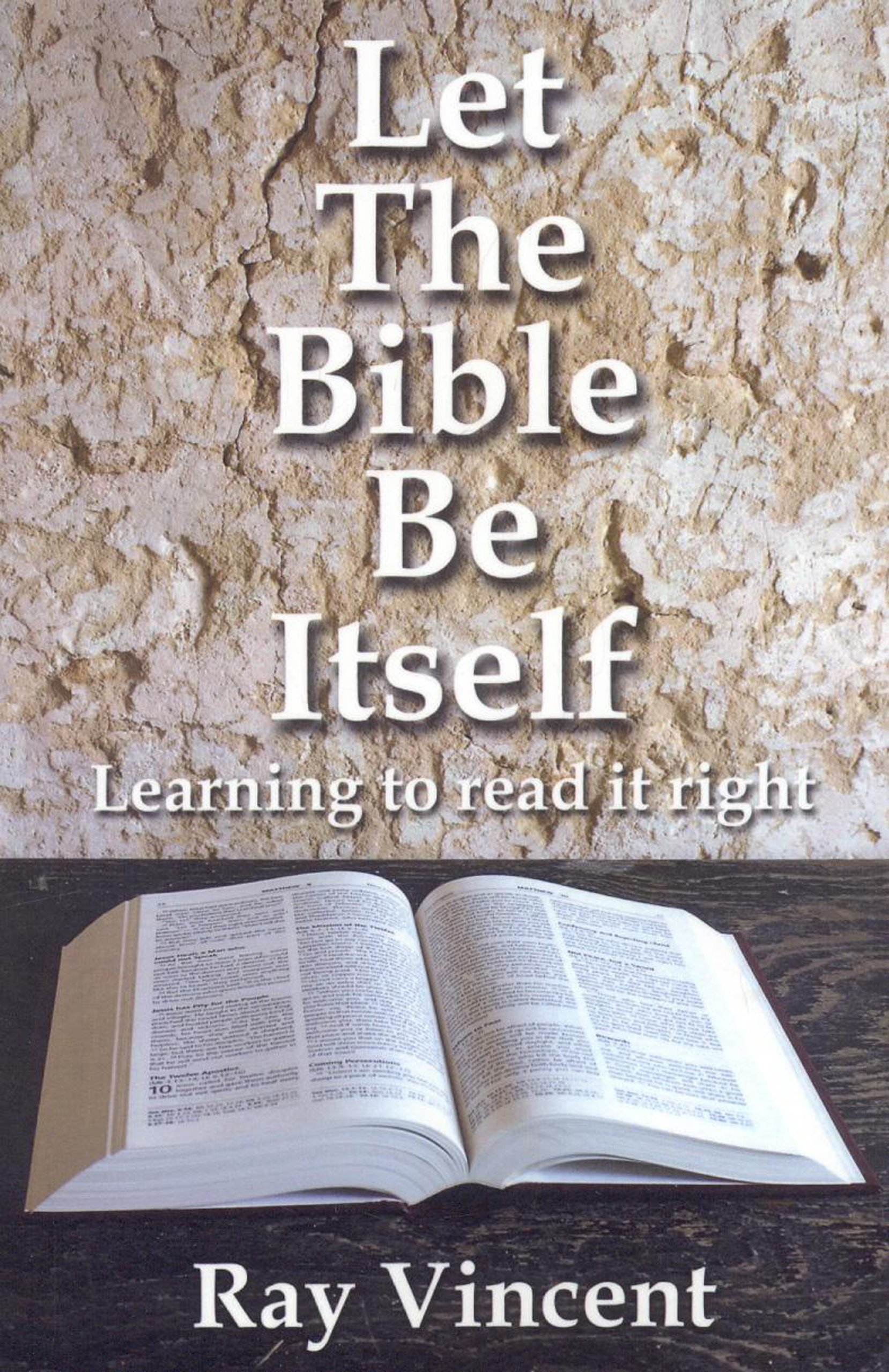Book review: Let The Bible Be Itself
by Ray Vincent
★★★★★
O daughter of Babylon … blessed shall he be that taketh thy children and throweth them against the stones. –Psalm 137
In my book about Revelation, I suggest that this psalm may be both the most heartrending and the most disturbing passage in the Bible. Interesting that Vincent should choose it to highlight the question of how to read the Bible. What are we supposed to do with verses like this?
Vincent reminds us that much of the Bible is a cry of pain: “This psalm is in fact a very moving piece of dramatic poetry. If we were in the theater and heard someone cursing their enemy and calling on God for revenge in this kind of language, we would not ‘tut-tut’ or walk out in disgust! We would be caught up in the power of the drama, and go away saying what a good play it was. It is only the fact that the Bible has been set up as a theological and moral authority that makes this psalm a problem.”
Let the Bible be itself, Vincent suggests, and I really enjoyed his discussion. He describes briefly what to expect in the Bible, how it came to be, and the hazards of reading it as a divine instruction book. While it’s been a long time since I read the Bible as a fundamentalist, I do remember the awkwardness of trying to justify its errors, outdated morals, and claims of divinely sanctioned killing. Vincent has a knack for simple, understandable writing, bringing the Bible alive with both its warts and its beauty. Here’s an interesting observation: “If we believe God speaks through the bible, this must surely imply that God too is playful, experimental, changing and developing, even in some mysterious way self-contradictory and self-correcting—in other words, alive.”
Short book, but highly recommended.












 354 Circles
354 Circles
 603 Goodreads Friends & Fans
603 Goodreads Friends & Fans

 Hello! I'm an author, historical Jesus scholar, book reviewer, and liberal Christian, which means I appreciate and attempt to exercise the humanitarian teachings of Jesus without getting hung up on any particular supernatural or religious beliefs.
The Bible is a magnificent book that has inspired and spiritually fed generations for thousands of years, and each new century seems to bring a deeper understanding of life’s purpose. This is true of not only Christianity; through the years, our age-old religions are slowly transforming from superstitious rituals into humanitarian philosophies. In short, we are growing up, and I am thrilled to be riding the wave.
I avidly read all thought-provoking religion titles. New authors: I'd love to read and review your book!
Hello! I'm an author, historical Jesus scholar, book reviewer, and liberal Christian, which means I appreciate and attempt to exercise the humanitarian teachings of Jesus without getting hung up on any particular supernatural or religious beliefs.
The Bible is a magnificent book that has inspired and spiritually fed generations for thousands of years, and each new century seems to bring a deeper understanding of life’s purpose. This is true of not only Christianity; through the years, our age-old religions are slowly transforming from superstitious rituals into humanitarian philosophies. In short, we are growing up, and I am thrilled to be riding the wave.
I avidly read all thought-provoking religion titles. New authors: I'd love to read and review your book!
 Hi! While Lee writes the articles and reviews the books, I edit, organize, and maintain the blog. The views expressed here are Lee's but I'm his biggest supporter! :-)
Hi! While Lee writes the articles and reviews the books, I edit, organize, and maintain the blog. The views expressed here are Lee's but I'm his biggest supporter! :-)
Connect With Me!